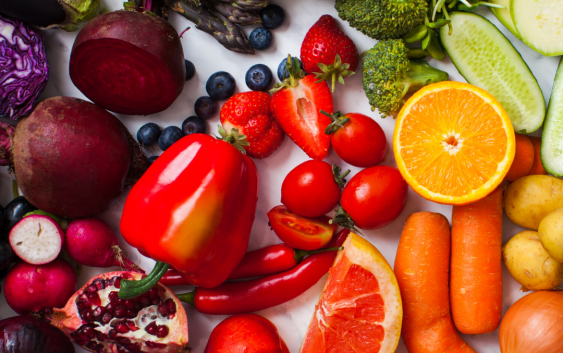Nutritious Foods To Include In Your Meal Planning

When it comes to meal planning, choosing the right foods is crucial. Eating a balanced diet that includes a variety of nutrient-dense foods can help you maintain a healthy weight, reduce your risk of chronic diseases, and improve your overall health. Explore here some of the best foods to include in your weight loss meal plan.
Fruits and vegetables:
Fruits and vegetables should make up a significant portion of your daily food intake. They are packed with essential vitamins, minerals, and antioxidants that can help boost your immune system, protect against chronic diseases, and promote gut health. Aim to eat at least five servings of fruits and vegetables each day, including a mix of colors and types. Some great options include leafy greens, berries, citrus fruits, broccoli, bell peppers, tomatoes, and squash.
Lean protein:
Protein is necessary for building and repairing tissues, maintaining muscle mass, and supporting a healthy immune system. Choose lean protein sources such as chicken, turkey, fish, eggs, tofu, beans, lentils, and low-fat dairy products. These foods are high in protein but low in saturated fat, making them a healthier choice than red meat or processed meats.
Healthy fats:
Healthy fats are essential for brain function, hormone production, and inflammation reduction. Good sources of healthy fats include avocados, nuts, seeds, olive oil, and fatty fish like salmon and mackerel. Try to limit your intake of unhealthy fats found in processed foods, fried foods, and baked goods.
Herbs and spices:
Herbs and spices add flavor to your meals and also provide numerous health benefits. For example, garlic has antibacterial properties, ginger can aid in digestion, and turmeric contains anti-inflammatory compounds. Add these ingredients to your dishes for added nutrition and taste.
Dairy or non-dairy alternatives:
Dairy products like milk, cheese, and yogurt are excellent sources of calcium, Vitamin D, and protein. If you’re lactose intolerant or prefer non-dairy alternatives, choose plant-based milks fortified with calcium and Vitamin D. Just be sure to read labels carefully, as many non-dairy options contain added sugars and may not have the same nutritional profile as traditional dairy products.
Water:
Staying hydrated is just as important as eating well. Drinking plenty of water throughout the day can help flush out toxins, keep skin looking fresh, and support regular bowel movements. Make it a habit to carry around a reusable water bottle and aim to drink at least eight glasses per day.